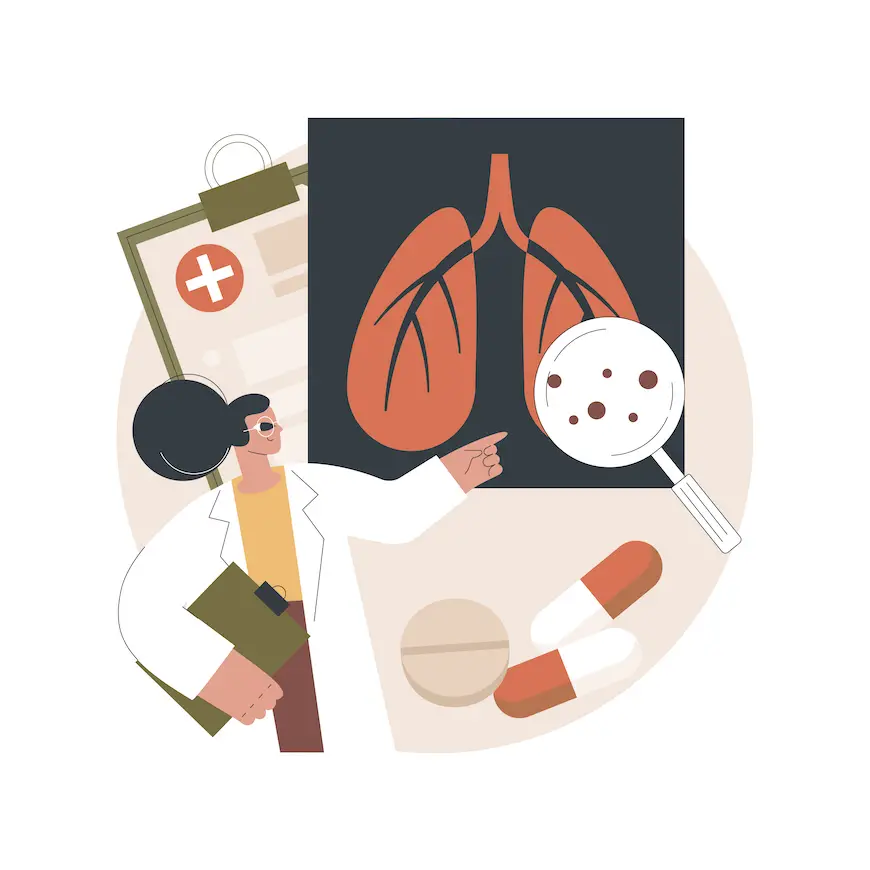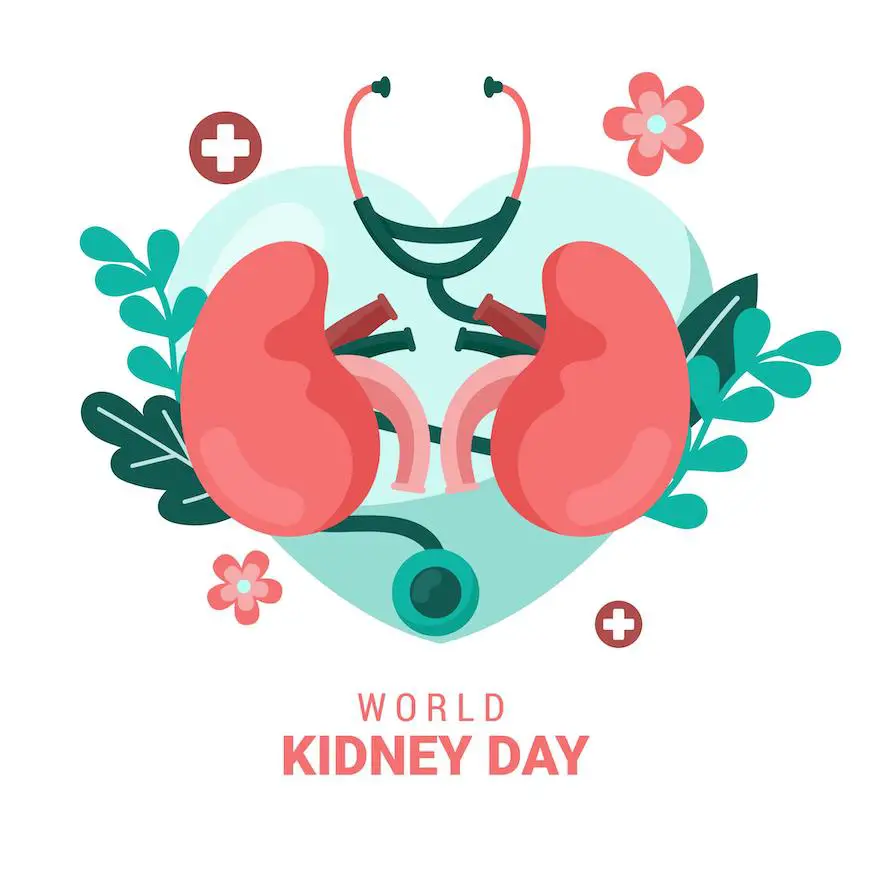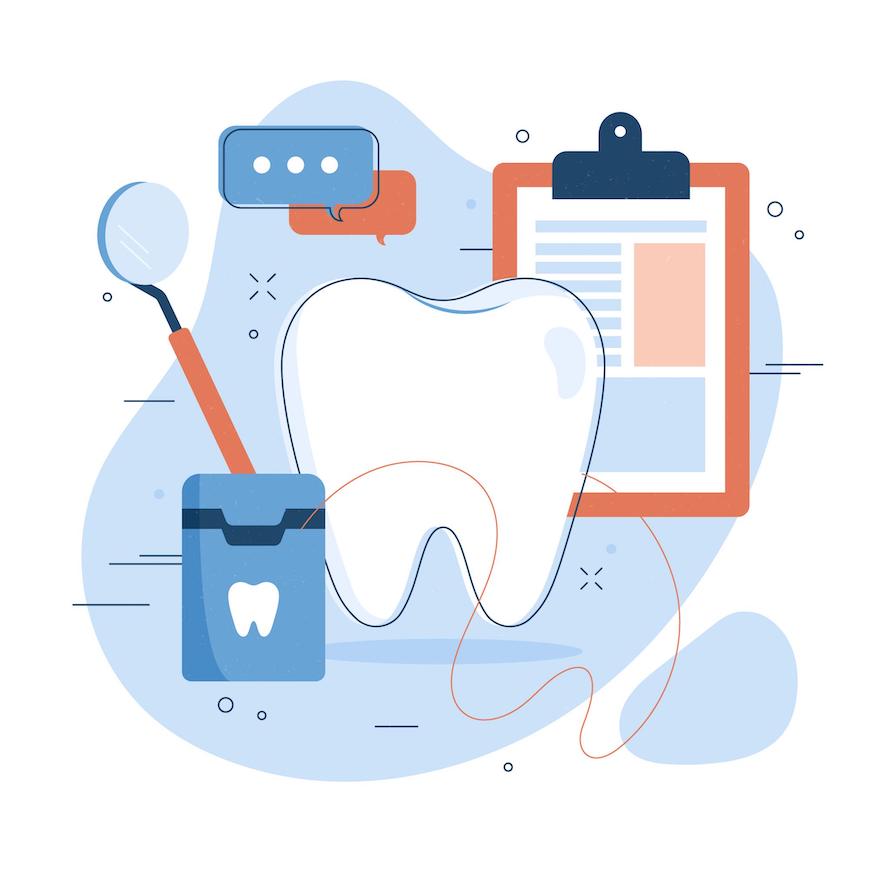Mental health conditions like bipolar I disorder and schizophrenia are complex and often misunderstood. They can impact not only the person living with them but also their families and social circles. While both disorders share some overlapping symptoms, they are distinct in diagnosis, progression, and treatment.One medication that has shown promise in managing both conditions is aripiprazole, commonly known by its brand name, Abilify.
What Is Bipolar I Disorder?
Bipolar I disorder is a mood disorder characterized by extreme mood swings, which include emotional highs (mania) and lows (depression). These mood episodes can significantly disrupt a person’s daily activities and interpersonal relationships.
Key Symptoms of Mania:
- Inflated self-esteem or grandiosity
- Decreased need for sleep
- Rapid or pressured speech
- Racing thoughts
- Impulsiveness or risk-taking behavior
Depressive Episodes:
- Persistent sadness or emptiness
- Fatigue or loss of energy
- Trouble concentrating
- Feelings of worthlessness
- Suicidal thoughts or behaviors
To be diagnosed with bipolar I, a person must have experienced at least one manic episode, which may or may not be followed by depressive episodes.
If you’re looking to better understand bipolar disorder from both a scientific and deeply personal perspective, this book is a must-read:
📘 An Unquiet Mind: A Memoir of Moods and Madness
Author: Kay Redfield Jamison
Rating: ★★★★☆ (5,000+ reviews)A powerful and deeply personal memoir from a psychologist who has lived with bipolar disorder herself. An Unquiet Mind combines clinical insight with real human experience — a must-read for anyone affected by mood disorders, directly or indirectly.
🎧 Love books but short on time? With Audible Premium Plus Annual, you’ll get 12 credits for any audiobook you want — even bestsellers — plus unlimited access to thousands of titles in the Audible Plus catalog. Whether you’re driving, walking, or relaxing, turn every moment into a chance to grow, escape, or be inspired. One membership, a whole year of powerful stories in your ears! 🔥
What Is Schizophrenia?








